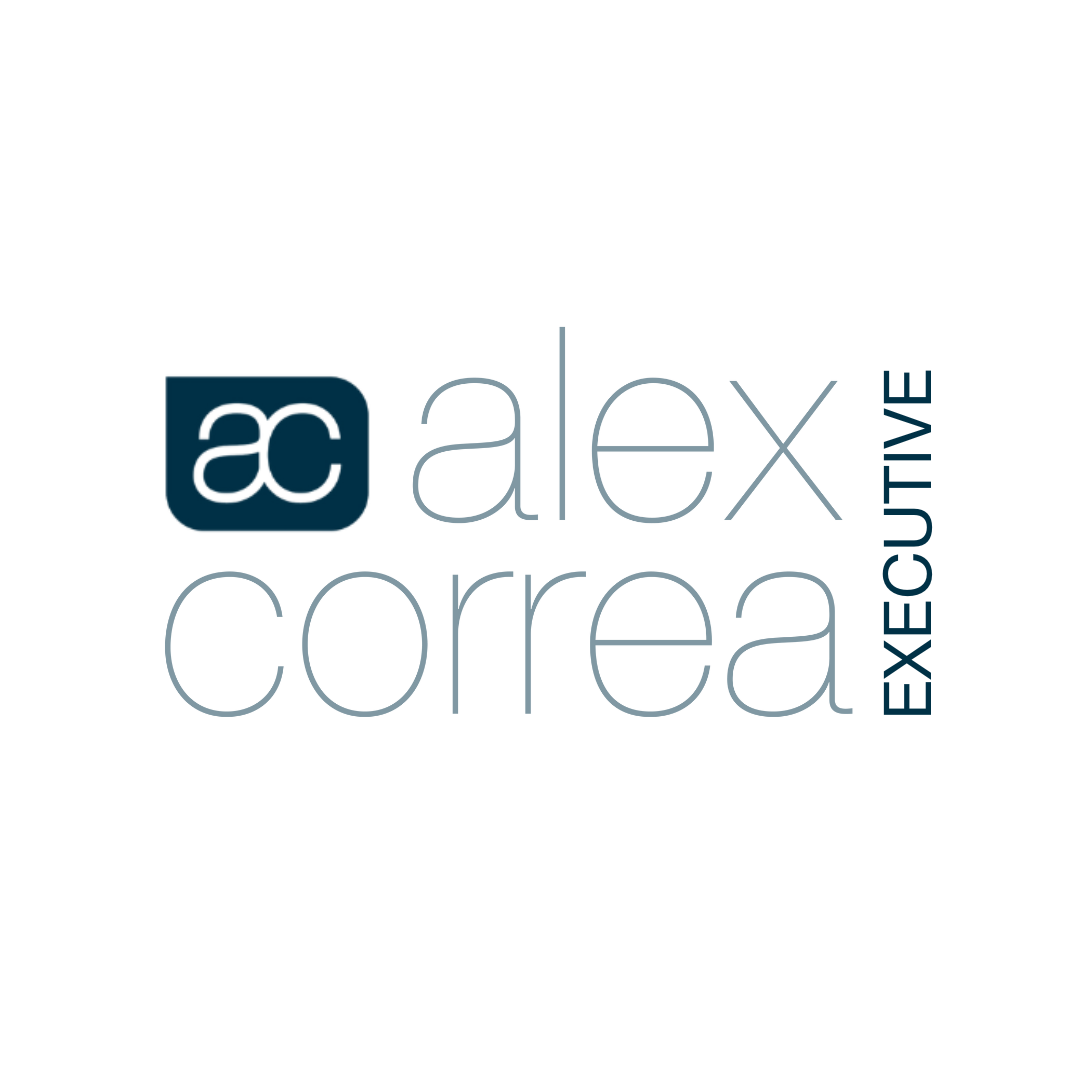
Why Behavioural Interviews Matter in Today’s Legal Market
If you're a Brisbane-based lawyer exploring your next career move—whether into government, in-house, or private practice—chances are your next interview will include behavioural questions. These interviews are designed to uncover how you approach challenges, solve problems, and work with others in high-stakes environments.
At Alex Correa Executive, we’ve helped hundreds of legal professionals navigate behavioural interviews with confidence. This guide is here to help you do the same.
What Is a Behavioural Interview?
Behavioural interviews focus on real examples from your career to help employers understand how you’ve handled specific situations. Interviewers often ask you to “tell me about a time when…” to assess how you think, communicate, and act under pressure.
Legal employers in Brisbane—from government to top-tier firms and major in-house teams—use this approach because it highlights more than just technical skill. It reveals judgement, collaboration, and leadership.
Preparing for a Behavioural Interview: Where Brisbane Lawyers Should Start
Start by identifying key experiences that reflect your strengths as a lawyer. These could include:
- Advising on urgent client matters
- Managing high-volume litigation
- Navigating legislative or regulatory changes
- Leading junior lawyers through complex files
- Coordinating with external stakeholders and agencies like the Queensland Government or corporate boards
Use these steps to prepare:
- List 6–8 strong examples from your career that show leadership, initiative, teamwork, resilience, or technical skill.
- Choose a mix of positive outcomes and challenges—you don’t need to have saved the day, but you do need to show maturity and reflection.
- Include recent examples from roles in Brisbane firms, courts, or government where possible.
- Practice talking about these examples out loud—we recommend doing a mock interview with your recruiter or a peer.
Use the STAR Method to Structure Your Answers
Brisbane employers are looking for clear, concise, and compelling communication. The STAR method remains the most effective framework:
- Situation – What was the context or background?
- Task – What were you trying to achieve?
- Action – What steps did you take?
- Result – What happened? What did you learn?
👉 Tip: In legal interviews, focus on your role—not just the team’s. They want to understand your personal impact.
Common Behavioural Interview Questions for Lawyers
Here are questions that commonly arise in interviews, particularly in government and in-house legal roles:
- “Tell me about a time you worked with a difficult stakeholder or client.” (Client management, communication)
- “Describe a matter where you had to meet an urgent deadline under pressure.” (Organisation, decision-making)
- “Give an example of when you had to apply legislation in a complex or ambiguous situation.” (Legal reasoning, judgement)
- “Talk me through a time when you led or mentored a junior team member.” (Leadership, team support)
- “Tell me about a situation where your advice was challenged and how you responded.” (Resilience, adaptability)
What’s New: Emerging Trends in Legal Interviews
Brisbane’s legal market continues to evolve. Here’s what we’re seeing in 2025:
- Hybrid and remote readiness: Be ready to explain how you manage communication and priorities in flexible work environments.
- Tech curiosity: Even if you’re not working with AI tools directly, show openness to learning and digital systems.
- Values-based questions: Employers want to understand what drives you—especially in roles tied to public interest, ESG, or governance.
- Career transition awareness: If you’re moving from private practice to government or in-house, prepare to explain why and how your experience translates.
Our Final Tips for Brisbane Lawyers Preparing to Interview
- Read the role description carefully—especially selection criteria for government and statutory roles.
- Focus on what matters most to the role—whether that’s advising, litigation strategy, risk management, or stakeholder liaison.
- Practice behavioural questions with someone who understands legal roles—we can help with this.
- Be honest, warm, and professional. Interviews are about connection—not perfection.
At Alex Correa Executive, we’ve supported Brisbane’s legal community for over a decade. Whether you’re a senior associate looking to go in-house, or a government lawyer stepping up into leadership, we’re here to help you tell your story—confidently, clearly, and with purpose.
If you're actively interviewing or have secured a behavioural interview as part of a legal recruitment process, we encourage you to put this guide into practice. At Alex Correa Executive, we work closely with the lawyers we represent to help them feel confident and prepared—because your success reflects our commitment.
If you're considering your next move, we invite you to register with us here. We’d welcome the opportunity to partner with you in defining your ideal next step —and to support you in making a meaningful investment in your career.
Related Articles

Introducing Jennifer Tsatsaronis: Personalised Support for Legal Professionals Every Step of the Way










